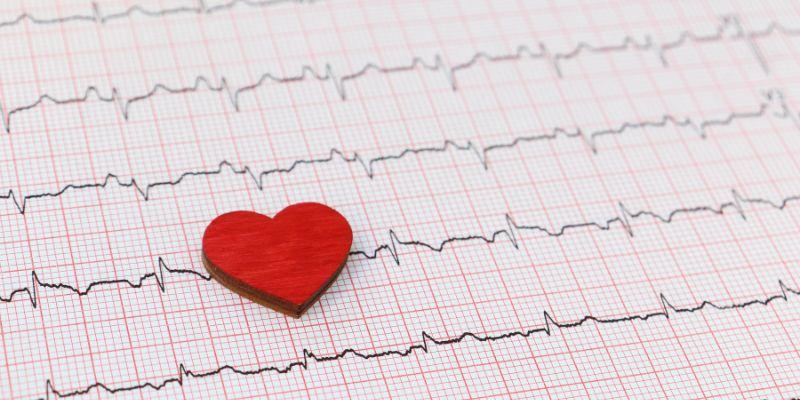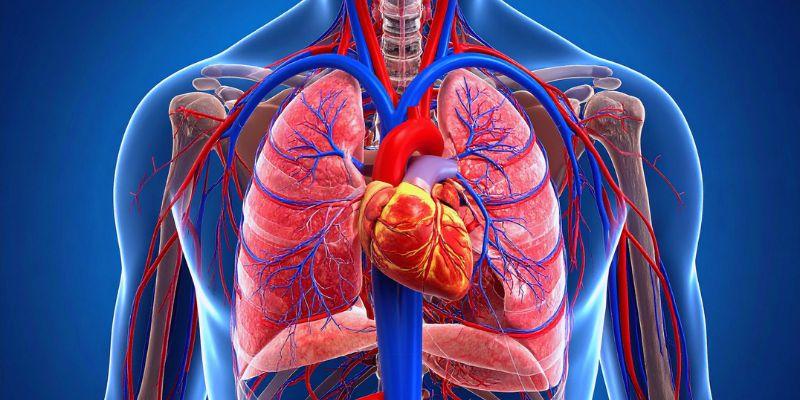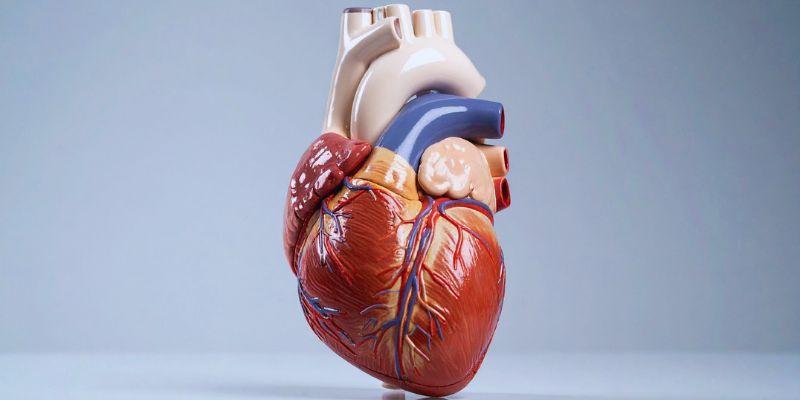Heart health is one of the most talked-about topics in the world. However, it is also surrounded by several myths. For years, people have been told specific "facts" about heart disease that science has since proven wrong. The truth is, heart health is not as simple as avoiding fat or exercising a few times a week.
It is about understanding how your body really works. Unfortunately, many of these old, untrue ideas still influence people's thinking. In this article, we will uncover 11 outdated heart health beliefs and focus on what modern research has to say instead. So, keep reading if you also want to separate fact from fiction!

Heart Health Beliefs That Are No Longer True
Here are some common misconceptions about heart health you should be aware of:
For many years, people have believed that high cholesterol is the leading cause of heart disease. However, new research shows that it's just one of many factors. Factors like high blood pressure, smoking, and body inflammation also play significant roles in heart problems. Not all cholesterol is harmful, either. LDL, known as "bad" cholesterol, can raise the risk of heart disease. The HDL, or "good" cholesterol, helps protect your heart. So, heart health depends on many things, not just your cholesterol level.
Heart disease is not just an issue for older people. It can happen at any age. An unhealthy diet and too much stress can cause heart issues even in your 20s or 30s. There are also some other causes, like being overweight or ignoring sleep problems. Many young people think they are safe and skip checkups. It can delay early treatment. That's why it's essential to visit a cardiologist for regular checkups. Taking care of your heart early can help prevent significant problems.
High blood pressure often shows no symptoms. Many people don't realize they have it until it causes severe damage. It can significantly damage your heart and kidneys. It can even lead to a stroke if left untreated. That's why regular checkups are essential. A simple blood pressure test can help detect the problems early. Visiting a heart specialist can help ensure your blood pressure remains under control and your heart stays healthy in the long run.
Many people used to believe that only men get heart disease. However, that's not true. Women are just as likely to have heart problems as men. In fact, heart disease is the number one cause of death for women in the United States. The symptoms can also be different for women. It makes it harder to spot. That's why women should be aware of their risk factors. Taking care of heart health is equally essential for both men and women.
Stress doesn't just harm your mind. It can also hurt your heart. When you are chronically stressed, it can lead to elevated blood pressure and inflammation. These problems increase the risk of heart disease. Managing stress is crucial for maintaining both mental and physical well-being. Simple things, such as exercising, meditating, or taking time to relax, can make a significant difference. Keeping stress under control is one of the easiest ways to prevent heart problems.
Exercising regularly is great for your heart. But it doesn't mean you are entirely safe from heart disease. Even active people can have hidden heart problems. Factors like family history, stress, or poor diet can still have an impact. That's why regular checkups are important. Regardless of your level of fitness, consulting a heart specialist is essential. It helps ensure your workouts are truly benefiting your heart and not masking an underlying issue.

Cutting out red meat entirely is not essential for a healthy heart. The real danger comes from processed meats, such as sausages. These products can cause inflammation and increase the risk of heart disease. Eating moderate amounts of good-quality red meat is fine for most people. The key is balance, focus on fresh, unprocessed foods, and plenty of fruits. You can still enjoy a healthy heart without giving up red meat entirely.
Not all heart attacks happen suddenly or with intense pain. Many start slowly with mild or confusing symptoms. You will feel chest pressure, shortness of breath, or pain in your arm or back. Some people ignore these signs. However, recognizing them early can save your life. If you experience any of these symptoms, seek medical attention immediately. Quick action can prevent significant damage. It will improve your chances of recovery.
Healthy habits can lower your risk of heart disease. However, not every case can be prevented. Eating well and exercising are beneficial, but some individuals with a healthy lifestyle can still develop heart problems. That's why regular checkups and early detection are so important. Focus on what you can control. Ensure you work with your doctor to develop a plan to protect your heart.
Heart disease can often be treated and managed, but it's not always curable. Some individuals may require long-term care or ongoing medication. In some cases, people may also require surgery to manage their condition effectively. Others, especially those with conditions they were born with, will need ongoing medical support. The key is to manage the disease with the help of your doctor. It is also essential to make healthy lifestyle changes.
Rest is essential after a heart attack. However, staying inactive for too long is detrimental to recovery. Your body needs gentle movement to regain strength. It helps improve heart health. That's why cardiac rehab programs are so helpful. They guide you safely through light exercises and healthy habits. They also keep track of your progress. The right balance of rest and activity helps you heal faster and feel stronger.
Many old beliefs about heart health are no longer true. Following them can sometimes do more harm than good. It is essential to recognize that heart disease is influenced by multiple factors, not a single cause. The best thing you can do is stay informed, eat a balanced diet, manage stress effectively, and schedule regular checkups. Small, smart changes can make a big difference. Your heart deserves the right kind of care.
 TOP
TOP
If you still believe that women don’t get heart diseases or that only older people can have heart diseases, you are wrong
 TOP
TOP
How building wealth is possible at any age with practical strategies that focus on consistent habits, smart choices, and long-term thinking
 TOP
TOP
Start making the most of your 401(k) today and secure a stronger financial future. Learn how timing, employer matches, and smart contributions can improve your retirement
 TOP
TOP
How financial aid for college works—from grants and scholarships to loans and work-study programs. Get clear, practical guidance for every funding option
 TOP
TOP
Discover 5 unique horse races that take place around the world, blending speed, thrill, and stunning cultural locations.
 TOP
TOP
Discover how Easter is celebrated across countries, from egg rolling to water fights, offering joy through local traditions.
 TOP
TOP
Explore North Wales’ most breathtaking gardens, from serene floral paths to hillside greenery with sea views.
 TOP
TOP
Wondering if it’s the right time for a loan? Learn how rates, timing, and your finances impact the decision.
 TOP
TOP
Discover the top reasons to pay credit card bills on time and how it safeguards your credit, money, and peace of mind.
 TOP
TOP
Uncover the best experiences in Rome, Italy, with this essential guide. Walk through ancient ruins, explore piazzas, visit historic churches, and get to know the Eternal City at your own pace
 TOP
TOP
Discover the best places to stay in Nashville, from lively downtown hotels to charming neighborhood rentals. Explore top areas suited for music lovers, families, and anyone seeking the perfect Nashville experience
 TOP
TOP
Thinking about a lease buyout? Learn how to evaluate your options, compare costs, and decide whether keeping your vehicle is the right move. Understand the financial side before making your next step